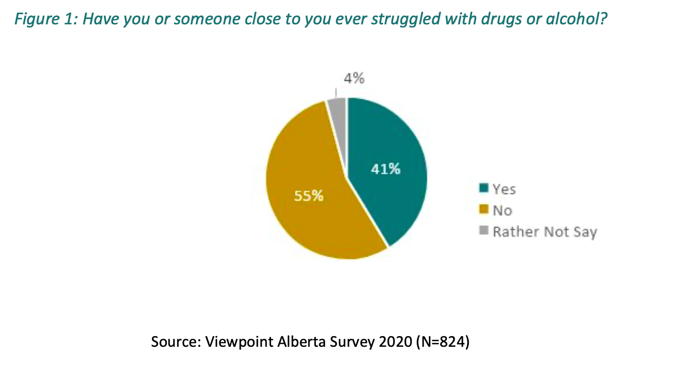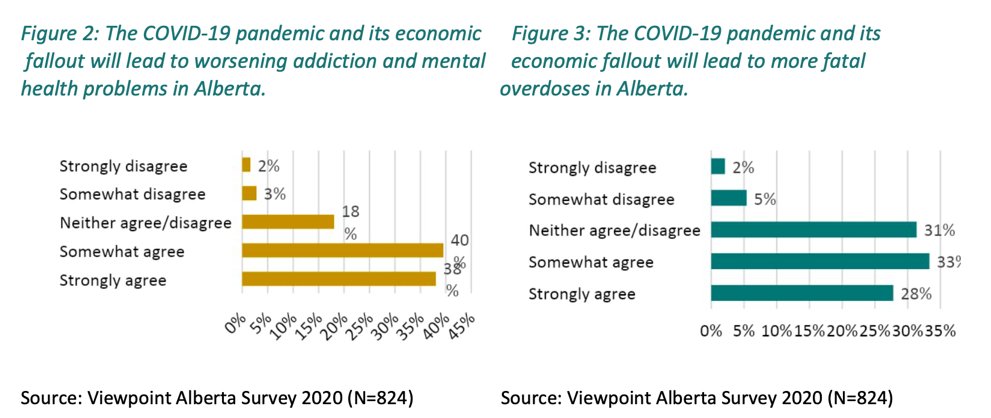
Our latest Viewpoint Alberta Research Brief examines Albertans' attitudes and knowledge about this month's #equalization referendum. drive.google.com/file/d/1vuSU4S… #ableg #abpoli
According to our survey of 1204 Albertans (online, Sept 21 to Oct 6), 43% intend to vote "yes" in the equalization referendum. 26% plan to vote "no" and 28% are unsure. 

There are clear partisan and ideological divides on the referendum question. People on the right and those that support conservative parties are far more likely to vote "yes" than those on the left. 



Predictably, people who feel a closer attachment to Alberta and a looser attachment to Canada are more likely to vote "yes". 

We also asked 600 of our respondents to answer an 8-question quiz about equalization. Fewer than half (44.5%) passed the test, revealing a very low level of basic knowledge about the subject of this month's referendum. 

Respondents were most likely to know the purpose of equalization, and the fact that the Alberta government does *not* send funds directly to poorer provinces. 

No group of Albertans scored high on the quiz. "No" voters did perform better than "yes" voters, however. 

For more on these findings, please review our Research Brief. drive.google.com/file/d/1vuSU4S…
See our website for more research on Alberta public opinion. commongroundpolitics.ca/viewpoint-albe…
This Viewpoint Survey is led by @DrJaredWesley, @MarotoMichelle, @FSnagovsky, and @JLisaYoung. It is sponsored in part by a grant from the @KIASAlberta.
• • •
Missing some Tweet in this thread? You can try to
force a refresh

















